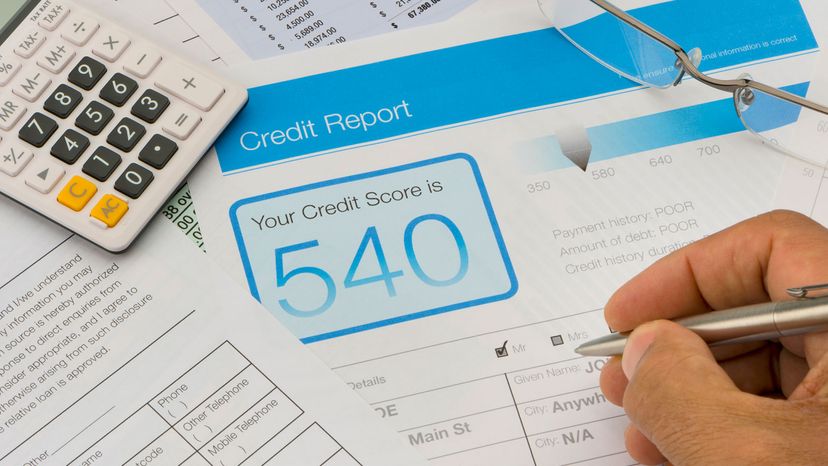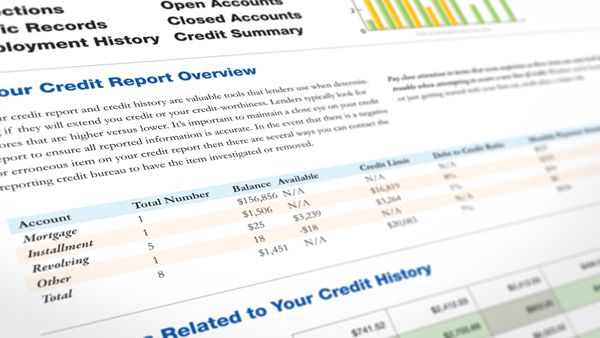Let's say your FICO score falls at 600. Is it a waste of time to even consider refinancing? "There are lenders out there that will do loans to customers with very low FICO scores, and there are lenders who won't," says Los Angeles-based Tony Garcia, market manager for Wells Fargo Home Mortgage, noting that such scores typically fall within the 500-600 range.
Garcia suggests getting a free credit report before embarking on the refi process so that you have an idea of where your score stands. In fact, it's important to do this once a year regardless of whether or not you intend to refinance because the report could reveal fraud (someone's illegally opening accounts/racking up bills in your name), or flubs, which are mistakes made by third parties when compiling your credit reports (reporting missed payments that you actually made, for instance). You can appeal errors to the credit reporting agency, which could positively affect your score.
If the resulting score does fall into the low range, there are lenders out there who'll still work with you, as Garcia noted. However, the record-low interest rates that so many consumers find enticing might not be on the table. "Unfortunately, the lower the credit score, the higher the interest rate," Garcia says. "If you have a credit score that is not meeting the standards of national or other banks, you should expect potentially that you might have to pay a little bit more." It's also a good idea to consult with trusted family or friends to find a lender who'll shoot straight about whether refinancing is a good idea at that time. If it is, Garcia suggests getting about three quotes from three different lenders for a solid idea on what to expect. You might find one lender offers you a better interest rate than another.



